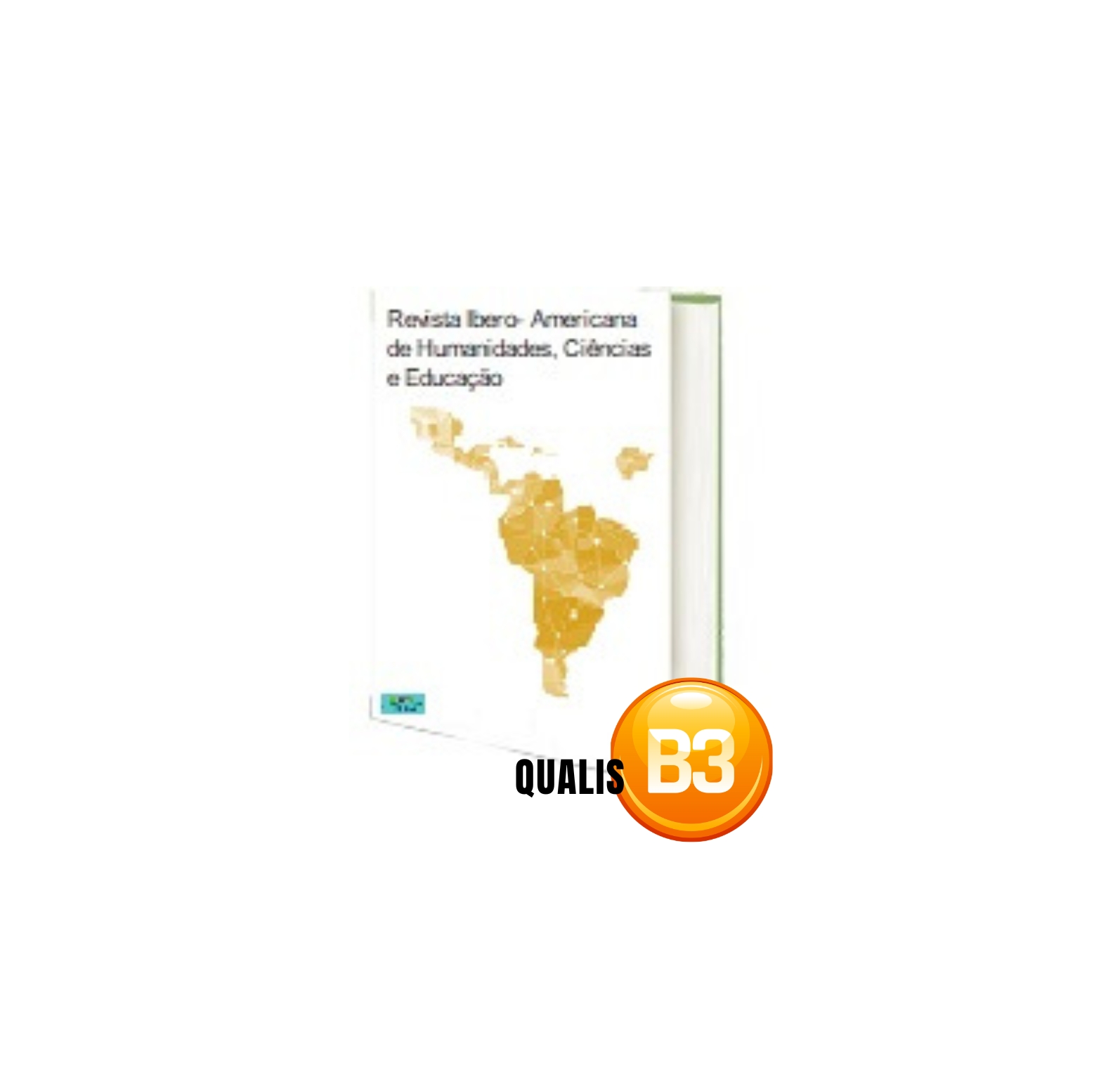O EFEITO DO MÉTODO CANGURU SOBRE OS PARÂMETROS CARDIORRESPIRATÓRIOS E SINTOMATOLOGIA DA DOR EM NEONATOS PREMATUROS
DOI:
https://doi.org/10.51891/rease.v9i2.8603Palavras-chave:
Neonato. Método Canguru. Recém-nascidos. Dor.Resumo
Introdução: O método canguru (MC) é um recurso de assistência humanizada com vários benefícios nas situações estressantes e dolorosas do prematuro em UTI neonatal, porém não está estabelecido seu efeito fisiológico imediato na ausência de procedimento doloroso ou estressante. Objetivo: Avaliar os parâmetros cardiorrespiratórios e escala de dor em prematuros da UTIN durante a realização do método canguru. Método: Estudo observacional tipo antes e depois, com recém-nascidos prematuros internados na UTIN do HC da Faculdade de Medicina de Botucatu/SP - UNESP, no período de julho a novembro de 2022. Foi avaliado o efeito do MC na frequência cardíaca, frequência respiratória, saturação periférica de oxigênio e sinais de dor pela escala NFCS em 3 momentos: antes, após 10 e 60 minutos de realização do método. Os dados foram comparados nos 3 momentos de avaliação por meio de análise de variância univariada para medidas repetidas, com significância em 5%. Resultados: Foram avaliados 32 prematuros com idade gestacional média de 30 semanas e média de peso ao nascer de 1480g. No dia da realização do MC 40% recebiam assistência respiratória não invasiva. Após 10 minutos do MC houve significativa redução da FC, FR e pontuação da NFCS, bem como aumento da saturação de O2. Esses efeitos benéficos persistiram com 60 minutos, exceto a FC. Dos 13 prematuros que apresentavam sinais de dor antes do MC, apenas um persistiu aos 10 minutos de MC e nenhum aos 60 minutos. Conclusão: Houve benefícios imediatos do método canguru nos parâmetros cardiorrespiratórios e na dor de prematuros.
Downloads
Downloads
Publicado
Como Citar
Edição
Seção
Categorias
Licença
Atribuição CC BY

